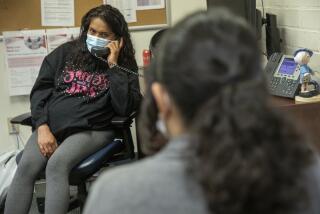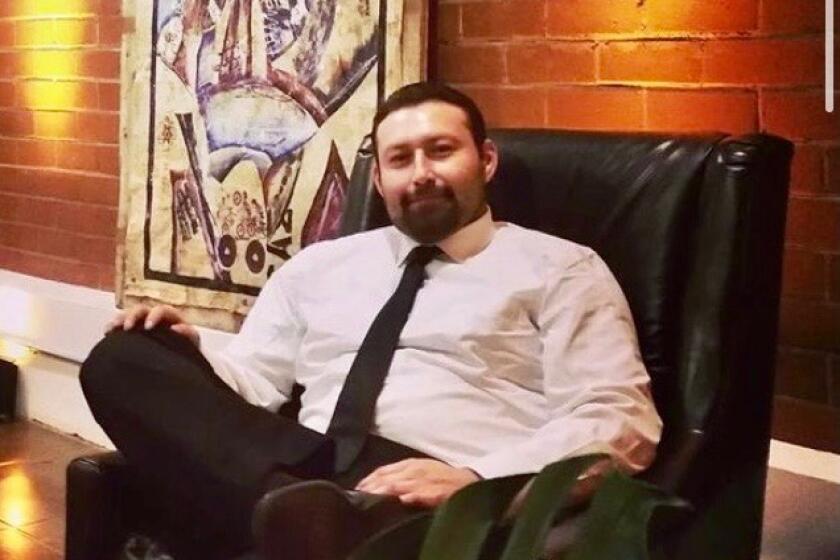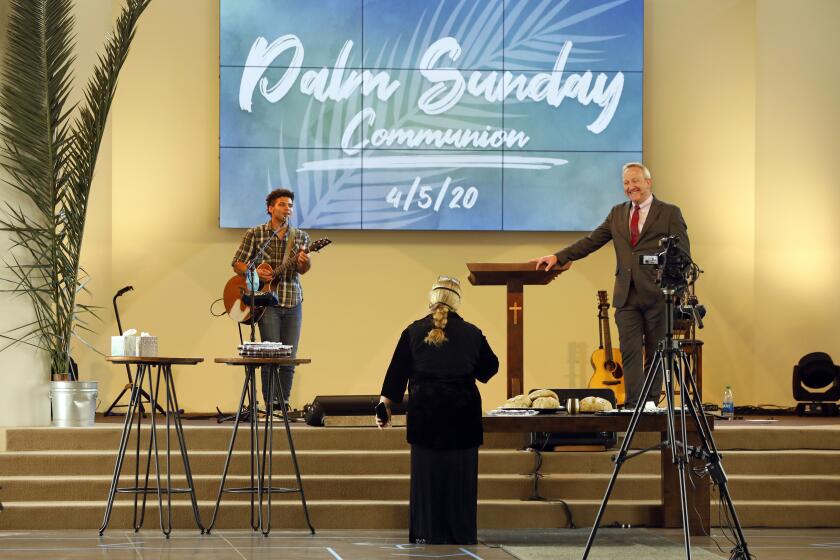Healthcare rule burdens counties
A new statewide study has found that a federal requirement to check the citizenship of all Medi-Cal applicants has imposed significant burdens on California’s 58 counties but that officials have not reported any cases of existing recipients who had falsely claimed U.S. citizenship.
The study by the California Endowment and the California Healthcare Foundation, released this week, found that the requirement in particular made it harder for the homeless, mentally ill, people born outside California and children over age 16 to access public healthcare. That’s because such groups had a more difficult time finding birth certificates, passports, driver’s licenses and other documents needed to prove U.S. citizenship and identity.
“Given the findings we have, it isn’t worth it,” Robert Phillips, the California Endowment’s director of health and human services, said of the verification requirement.
“It’s made a process that California has been trying to simplify -- getting folks into the county when they need help -- more difficult.”
In Los Angeles County, less than 1% of the 331,020 new applicants for Medi-Cal were placed on restricted benefits limited to emergency and pregnancy care because they could not verify citizenship.
However, officials have said that many applicants eventually proved their eligibility and were moved to full coverage. They said no existing recipients were found to be undocumented and that a relative handful of new applicants had made false citizenship claims.
Statewide, the study found that virtually all county health departments reported additional workloads, backlogs and costs in implementing the verification requirement, which Congress passed in 2005 and California began implementing in the last two years. The study’s sponsors are still compiling statewide costs for implementation.
Los Angeles County reported this month that it received nearly $28 million in state and federal funds to cover the cost of the program, which included hiring 81 people to check documents in 27 social service department offices. Fresno County added 44 full-time positions and San Diego 10, the study reported. Budget constraints prevented other counties from adding workers, the study found, increasing the workload of existing staff members to enforce the new requirements.
In an attempt to simplify the verification procedures, Congress passed new rules this year allowing counties to check Social Security numbers via computer, minimizing the need for applicants to produce original documents. Los Angeles County hopes to implement that system next year, according to officials.
That change is expected to help. But the study found that virtually all of those interviewed questioned the usefulness of the requirement.
The study surveyed all counties and made site visits earlier this year to Los Angeles, San Diego, Contra Costa, Fresno, Monterey and Shasta counties.
Despite the burdens, however, few county officials suggested that the verification rules be repealed.
--
More to Read
Sign up for Essential California
The most important California stories and recommendations in your inbox every morning.
You may occasionally receive promotional content from the Los Angeles Times.











